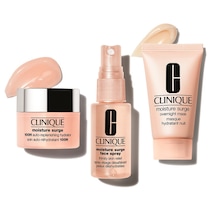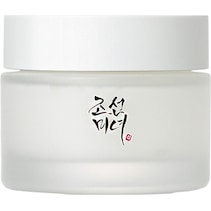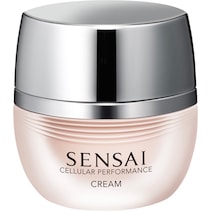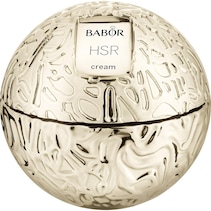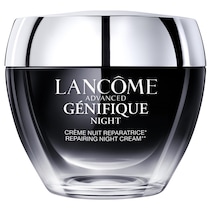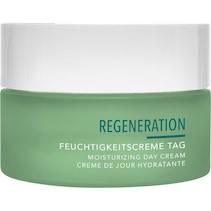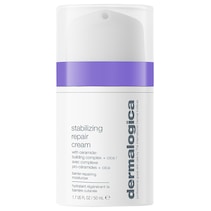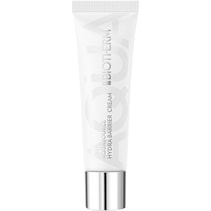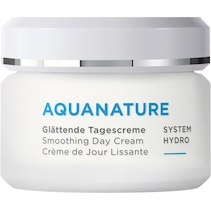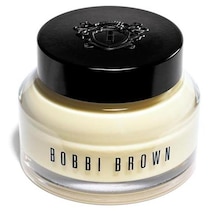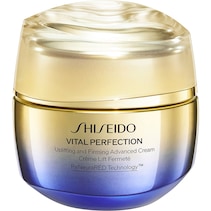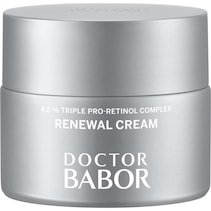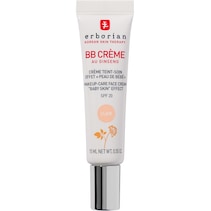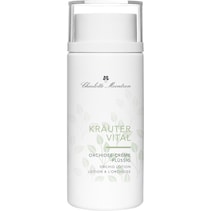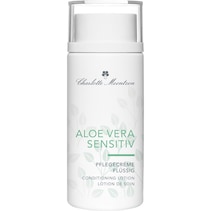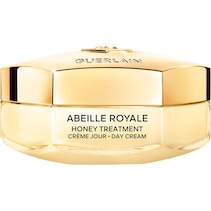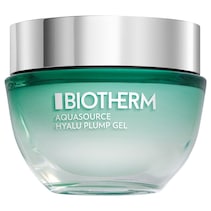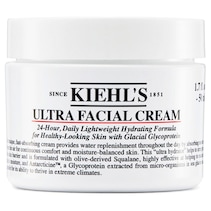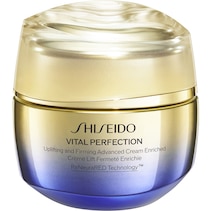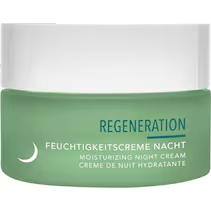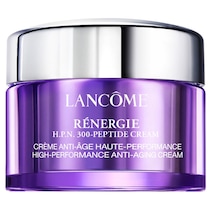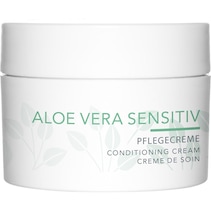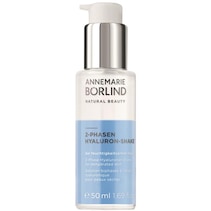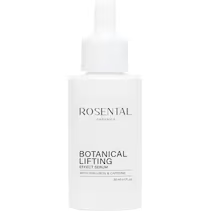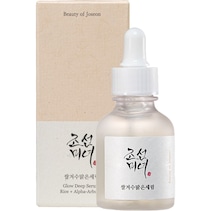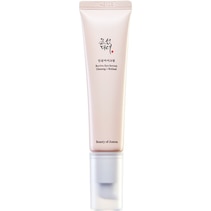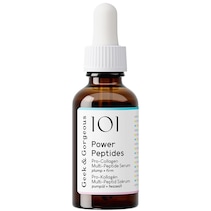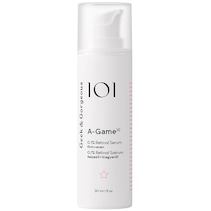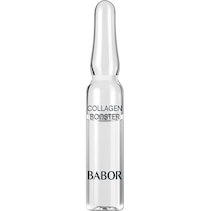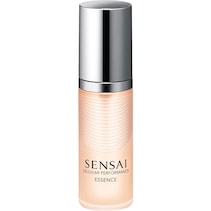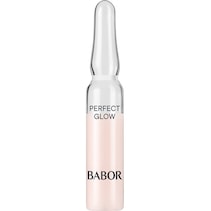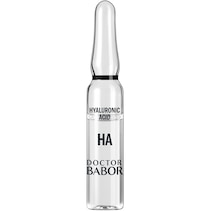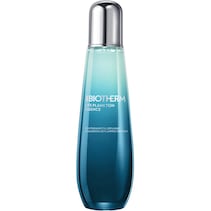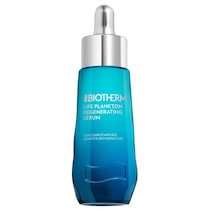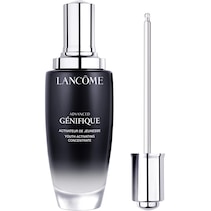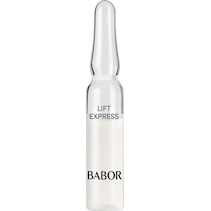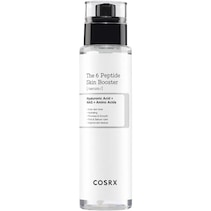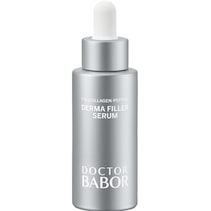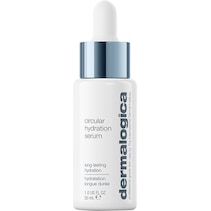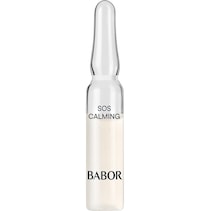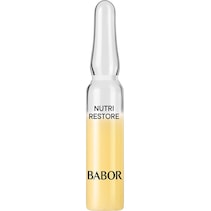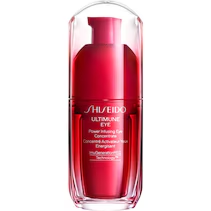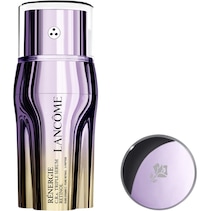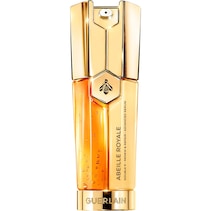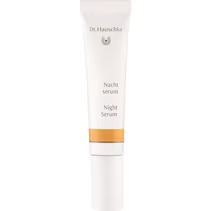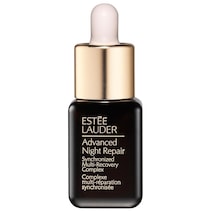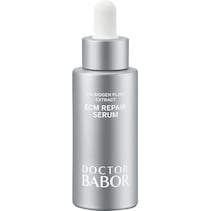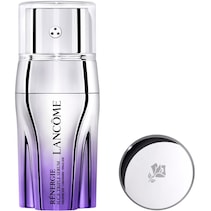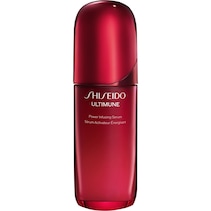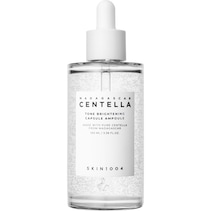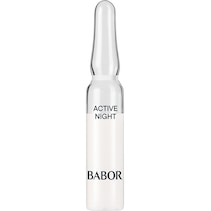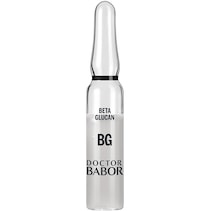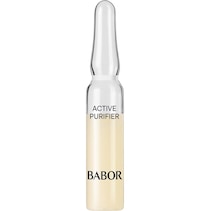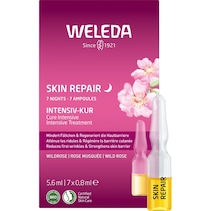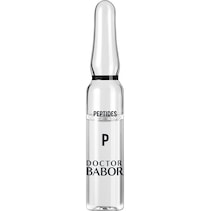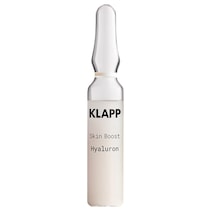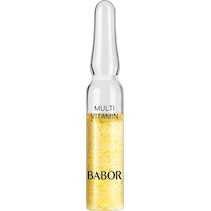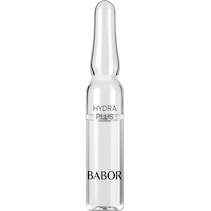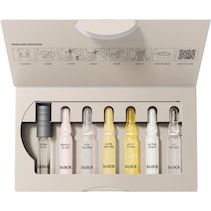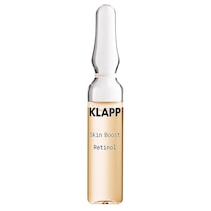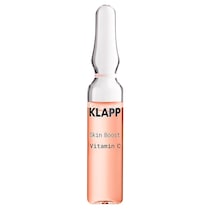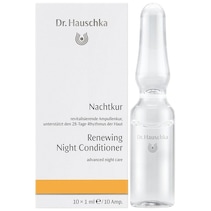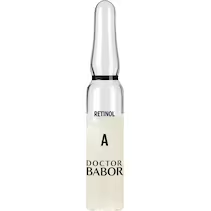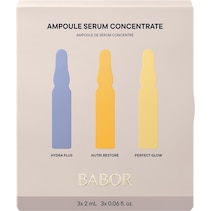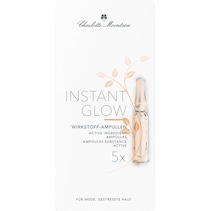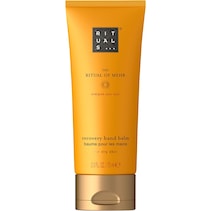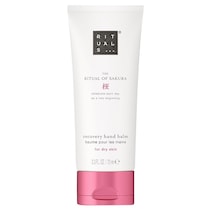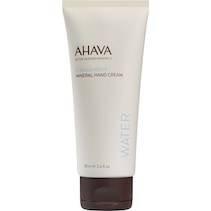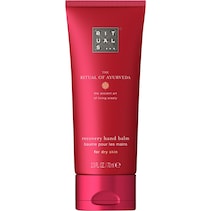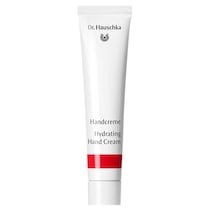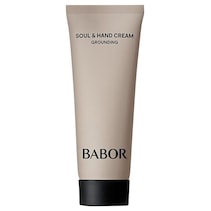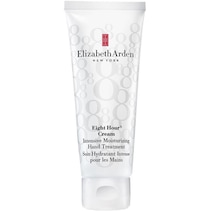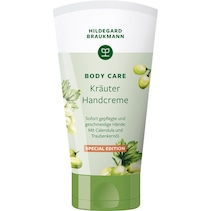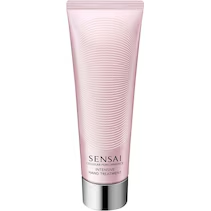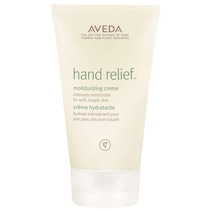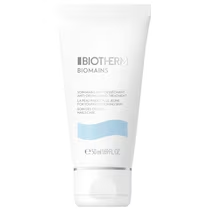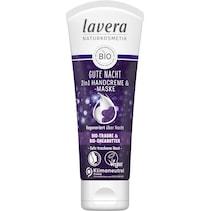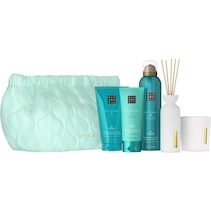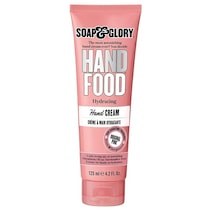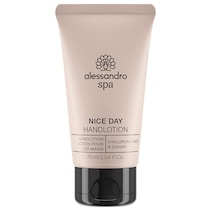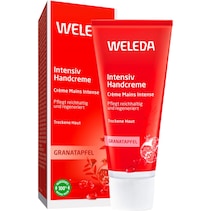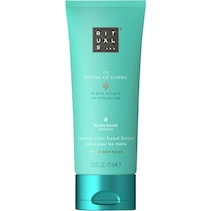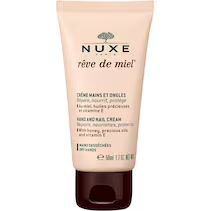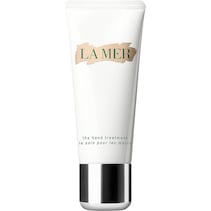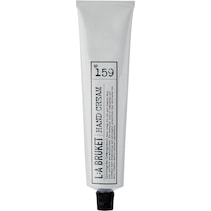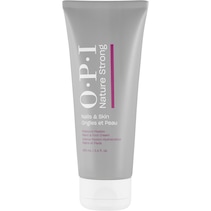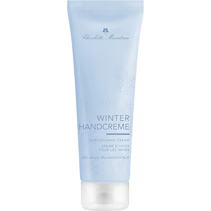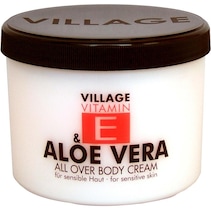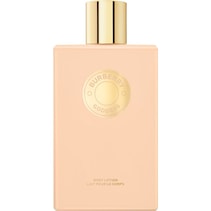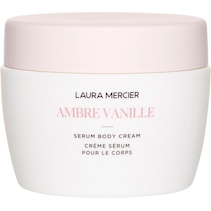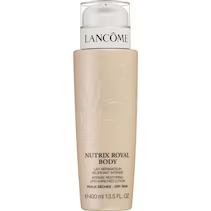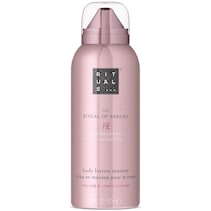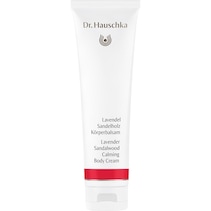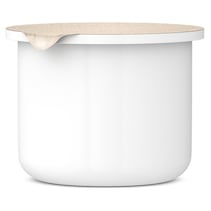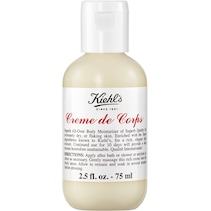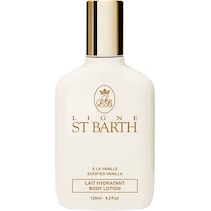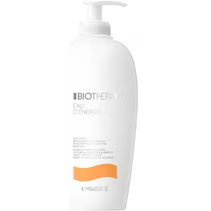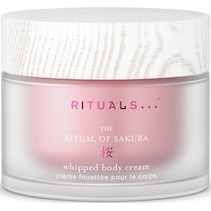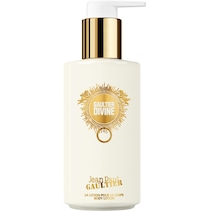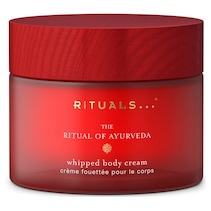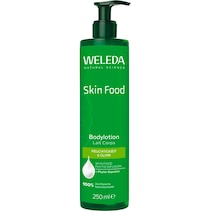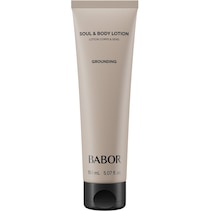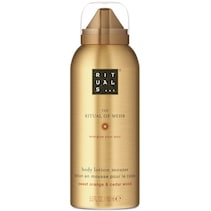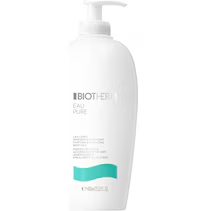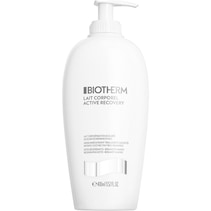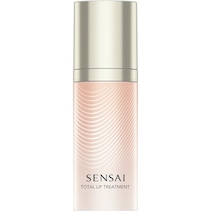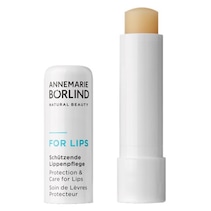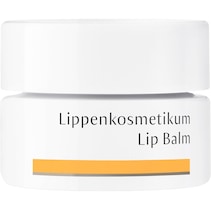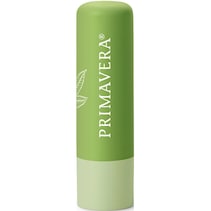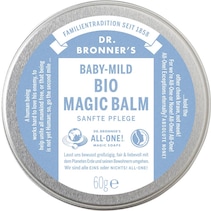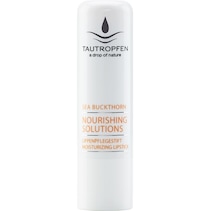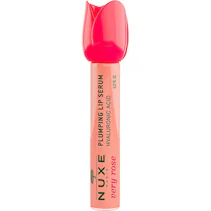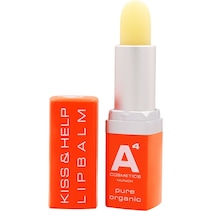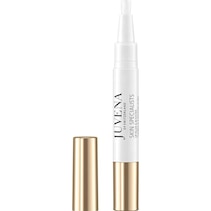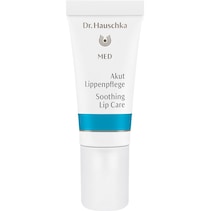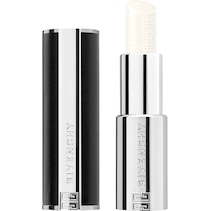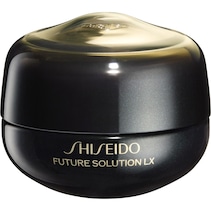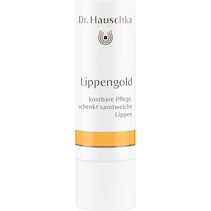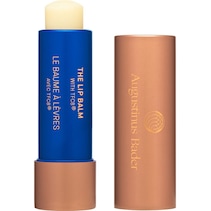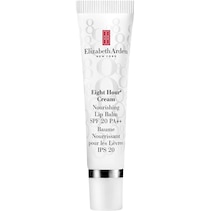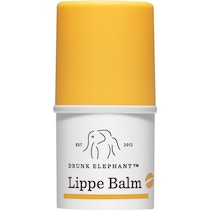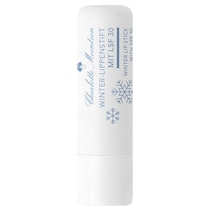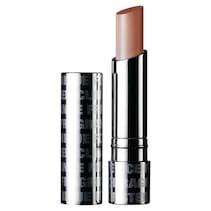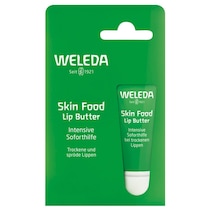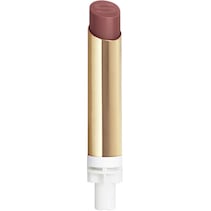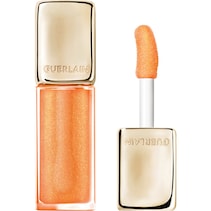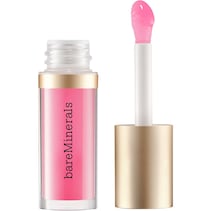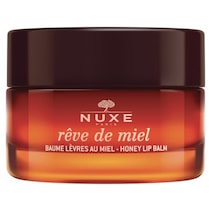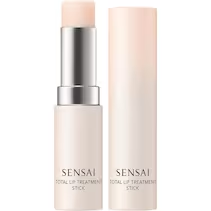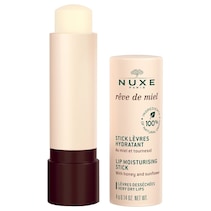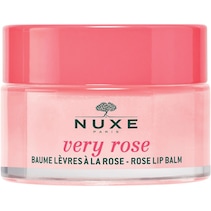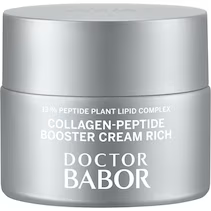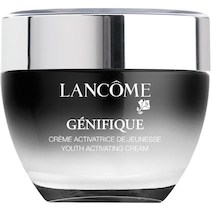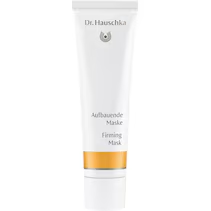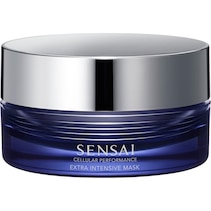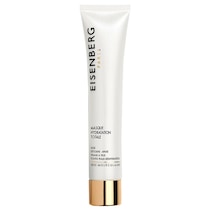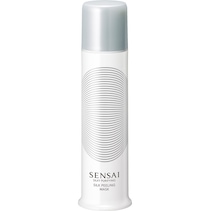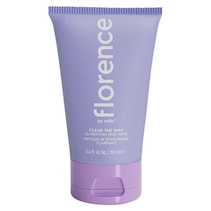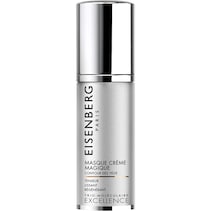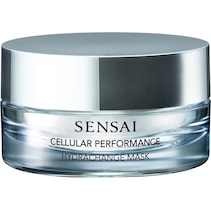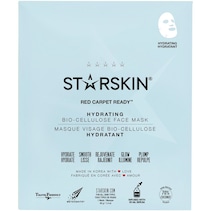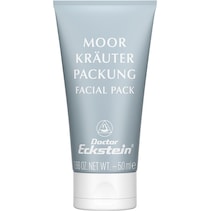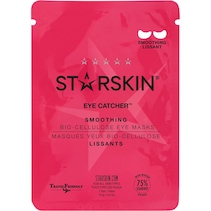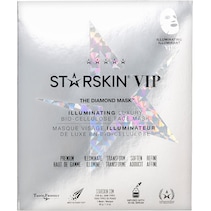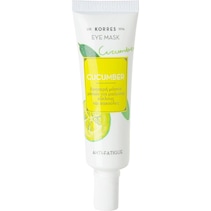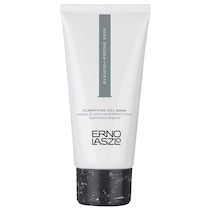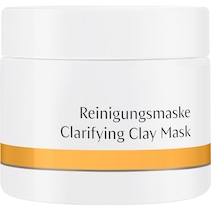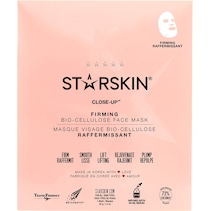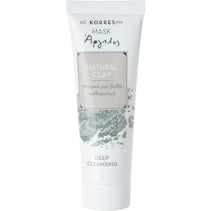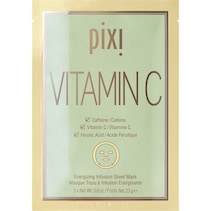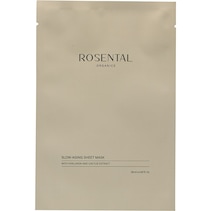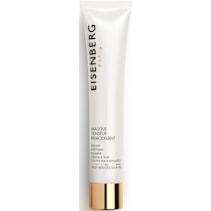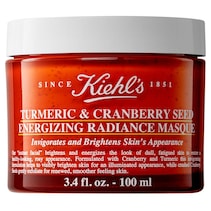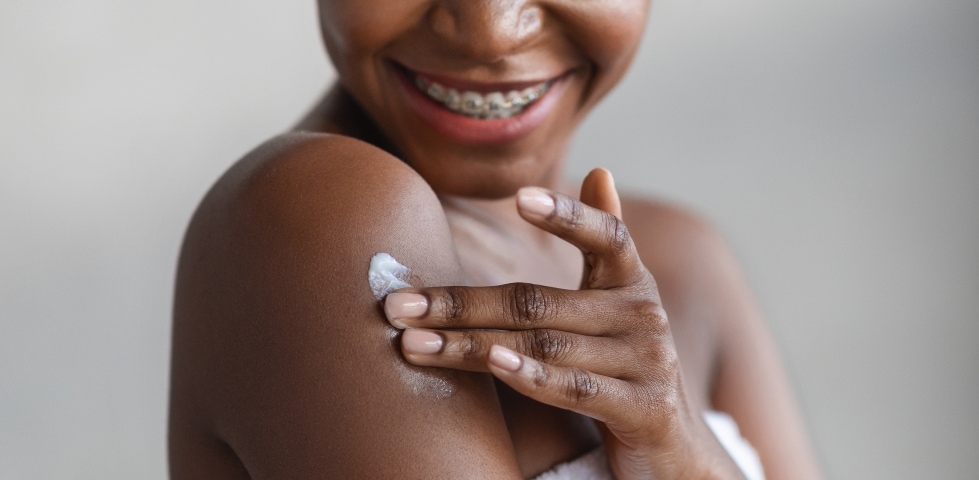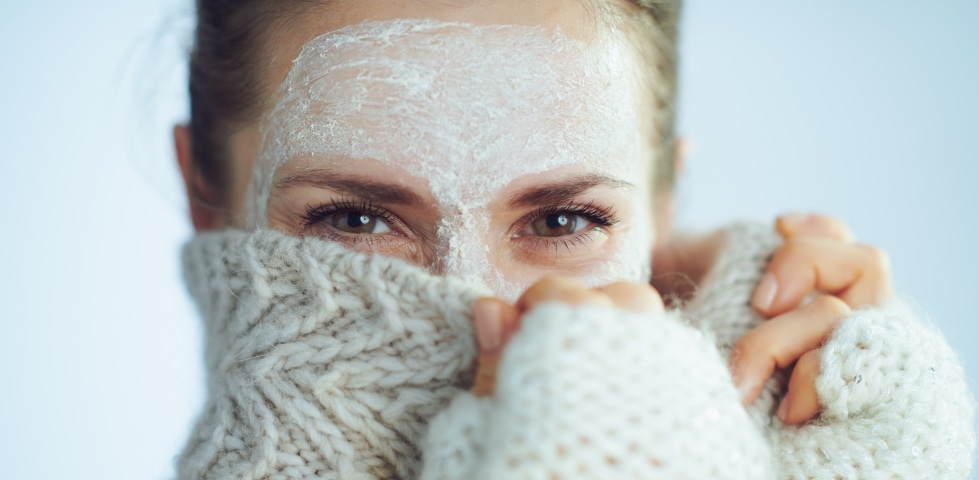
Face care for dry skin in winter
In the course of a year, changing weather conditions lead to individual skin requirements. In winter, the skin on the face, legs and hands typically becomes drier. In this article, we reveal to you why the skin changes in the cold season and the best way to optimise your skincare in winter.
04 January 2023 • 4 min. reading time
Table of contents
- Why do you need a special winter skincare routine?
- How should you adapt your skincare routine in winter?
- Which face cream is suitable in winter?
- Why does your skin become dry in winter?
- This helps prevent dry skin on the body
- What can you do about itchy skin in winter?
- The right way to care for impure skin in winter
- Which products are suitable for winter skincare?
Why do you need a special winter skincare routine?
The human body adapts to changing environmental conditions throughout the seasons. This is due to fluctuations in temperature but also the duration and intensity of daylight. Less Vitamin D is produced and certain processes in the body slow down or have lower values than in summer. Blood pressure can drop and the regeneration of lipid layers in the skin often suffers too. What’s more, external influences like strong differences in temperature (cold outdoors and warm indoors) or the contrast between humidity outside and dry inside stress the skin. Thick winter clothing often makes it difficult for perspiration to evaporate, which can lead to irritation. Symptoms of these influences include dry or sensitive skin, redness, itching and flare-ups from medical conditions like neurodermatitis and contact eczema.
How should you adapt your skincare routine in winter?
Rich, nourishing products that hydrate the skin and protect it from outside influences are especially suitable for skincare in winter. Ceramides play a special role here, as they are best able to support the skin’s natural lipids, which protect the skin from moisture loss. If the skin is very dry, moisturisers like synthetic urea and glycerine in a face cream for winter help to retain moisture in the skin for longer. Dry skin in winter also needs to be moisturised regularly. For example, you should use hand cream more often at this time of year. If dry air from central heating makes the skin tight, itchy and red, you can reapply moisturiser to the face after your morning skincare routine.
Tip
A rich, moisturising face cream is the best thing for soothing itchy skin in winter. Probiotic extracts, antioxidants and vegetable oils like squalene provide intense nourishment and promote the natural regeneration of your skin. With regular use, the skin is strengthened and better able to withstand external influences.
Which face cream is suitable in winter?
For the right face care in winter, you need a cream that:
- supplies plenty of hydration
- preserves the skin’s natural moisture
- stimulates the regeneration of your skin
- protects your skin’s natural lipid film
- protects your skin with antioxidants from the effects of free radicals
- is easy to apply and quickly absorbed
- ideally, provides a good base for your make-up
As your skin needs extra special care in winter, you can use a day cream as well as a night cream. Moisturising eye creams are available for the eye area. A serum or ampoule treatment that you use in addition to your day cream or night cream provides even more nourishment and intensive ingredients.
Why does your skin become dry in winter?
The skin dries out more quickly in winter because various processes in the body slow down or are less active. Plus, too much moisture is drawn from the skin in environments with dry and warm air from central heating or very cold outdoor temperatures. When you are cold, you’re inclined to use warmer water for washing. This can also contribute to the skin becoming dry. The following measures can reduce some of these influences:
- don’t set the heating at too high a temperature
- ventilate heated rooms regularly (this balances the humidity in the air)
- apply rich and protective face cream when it’s cold
- use gentle products to cleanse the skin that protect its natural barrier
- set up humidifiers or ionisers to improve the air indoors
Dry skin can often be prevented in winter by improving the air indoors.
This helps prevent dry skin on the body
In winter, you need special skincare not only for the face but also for the whole body. The hands, legs (especially the shins) and the lips are often affected by dry skin. For your hands, use a nourishing hand cream that contains ingredients like shea butter. For your legs and the rest of your body, a moisturising body lotion or – for dry skin – also body butter is suitable. A good body cream supplies the skin with intense moisture and makes it soft and supple. Your lips also remain soft and smooth in winter if you regularly treat them to lip balm, lip oil or a lip serum.
What can you do about itchy skin in winter?
Dry skin is often very sensitive and can itch. The natural reflex for most people is to scratch or rub the itchy areas. This is not a good idea because this irritates the skin even more and places mechanical stress on it.
Itchy skin in winter can be soothed with these instant fixes:
- rub in a soothing moisturising lotion
- cool gently
- change your clothing (instead of synthetic clothing, wear clothes made of cotton, silk or other smooth natural fibres)
- use certain household remedies, e.g. damp compresses
Severe cases of neurodermatitis, psoriasis, eczema and other skin conditions should be treated by a doctor if severe flare-ups occur in winter. There are various prescription medications or ointments for these conditions that can alleviate symptoms.
The right way to care for impure skin in winter
The symptoms of impure skin and acne often get worse in winter with many people. By wearing thicker and warmer clothing, the skin on the body is less well ventilated and impure skin appears on the back, on the chest and on the décolletage – areas where only a few symptoms show in the summer months. Impure, or blemished skin on the face can also develop more spots, blocked pores and blackheads in winter. The exact causes for this have not yet been fully researched scientifically. It is possible that the influence of UV light in summer alleviates the symptoms of acne and impure skin. But dry indoor air also stresses the skin and probably promotes inflammation or sensitivity. The right skincare in winter for impure skin are products that are as moisturising as possible without being comedogenic. Avoid anything that could make the skin drier. Strengthen it with active ingredients like ceramides and maybe use a cream with salicylic acid, which alleviates inflammation.
Moisturising care for blemished skin
Face masks for blemished skin
Takeaway
You will find a wide selection of nourishing and protective products for the right skincare in winter at parfumdreams. Strengthen your skin with a rich facial serum. Protect it from external influences with moisturising skincare that you can reapply several times throughout the day. If you have sensitive skin, use gentle skincare products that restore your skin barrier. You should also opt for gentle and anti-inflammatory active ingredients for skincare in winter if you have impure skin or acne. Discover the variety of products for your skincare in winter now!


